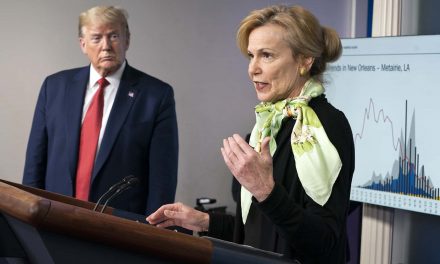
The Wisconsin Policy Forum’s annual review called the Mayor’s proposed 2019 budget for the City of Milwaukee “one of the least contentious in years” in light of an unexpected $9 million reduction in its pension fund contribution.
The report also warns that the benefit will be short-lived, however, and that the city’s long-term budget challenges “remain as intense as ever.”
“It is certainly good news that the budget is able to convert an overestimated 2018 pension payment into stable departmental budgets and a re-stocked pension reserve,” says the report. “It is bad news, however, that the pension savings are one-time in nature, and that the annual structural deficits caused by the city’s faulty revenue structure and pension- and public safety-related expenditure pressures are almost certain to re-emerge in the years ahead.”
Increased employer pension contributions have been one of the city’s foremost fiscal challenges in recent years, with a $22 million spike in 2018 requiring position and spending reductions across most city departments, including police and fire. Earlier this year, however, the pension fund actuary discovered that the city vastly overpaid in 2018.
That creates both a $13.4 million credit for 2018 – which, according to the report, the Mayor has “commendably” proposed adding to the pension reserve, and the opportunity to free up $9 million in the 2019 budget, which the report explains is used mostly to offset inflationary increases in salaries and benefits in departmental budgets, allowing most to hold the line on existing positions. While this good fortune provides for a relatively calm budget in 2019, the report highlights some areas of ongoing concern:
- Public safety continues to consume much of the overall growth in general fund spending, with the Milwaukee Police Department receiving a proposed $5.9 million (2%) increase that would allow it to increase sworn strength levels by 10 positions, and the Milwaukee Fire Department receiving an extra $773,000. All other general fund departments would see a combined increase of $4.4 million, which for some would not cover their “cost to continue.”
- Property tax levy-supported borrowing for capital projects would increase by $2.6 million. While exceeding the city’s policy goal for borrowing by $2 million, that amount would still cover less than two thirds of the total originally requested by departments to meet infrastructure needs.
- The City’s Tax Stabilization Fund withdrawal – which helps alleviate the need for property tax increases in annual budgets – would be reduced by $3 million to $16 million, reflecting a declining fund balance. Given the city’s increasingly tight year-end margins, withdrawals of TSF funds at this or an even further reduced level are likely to be the norm in future years.
- The report also analyzes increased investment in lead abatement programs and services in the proposed budget. The Mayor has called the $20 million investment “historic,” but the analysis points out that a significant portion of the funds provided to the Milwaukee Health Department come from unspent grant proceeds and may not be available in the future.
The report concluded by emphasizing the “good news, bad news” nature of the proposed budget, which avoids major service reductions and unreasonable tax and fee increases, but which also shows the city’s difficult long-term challenges remain.
“For one year, at least, departmental service levels are kept intact, tax and fee increases are modest, and salary and fringe benefit pressures are easily accommodated. While likely the calm before the storm, the relative tranquility associated with next year’s city budget is a welcome reprieve from the difficulties experienced a year ago and the challenges that lie ahead.”
Wisconsin Policy Forum
Lee Matz














